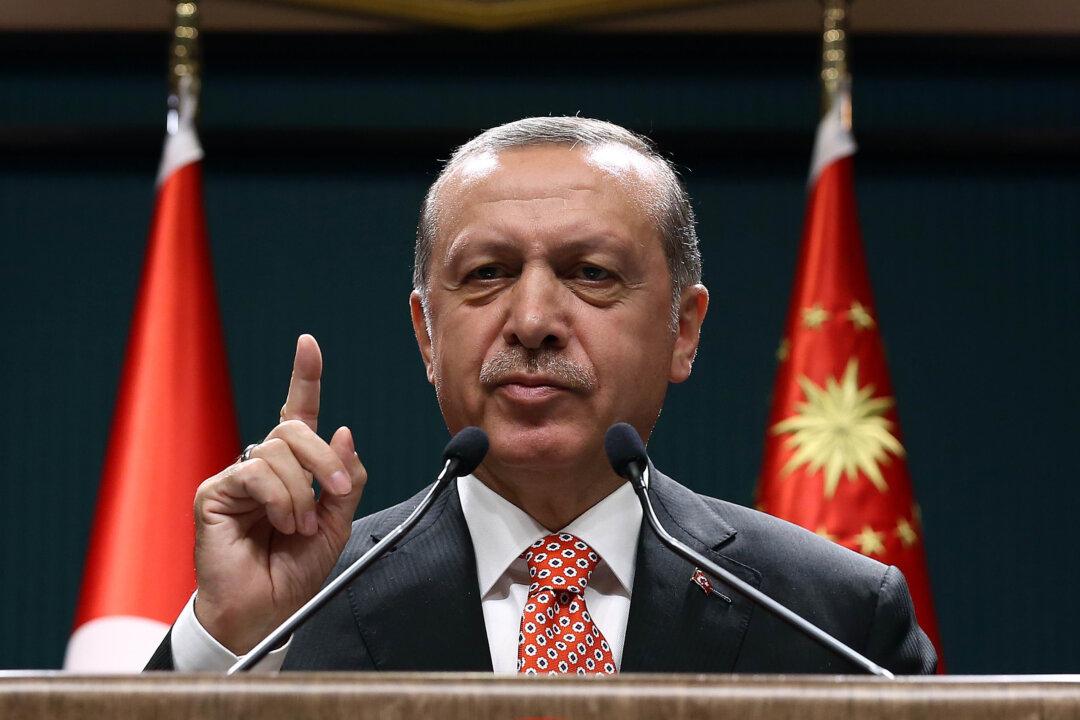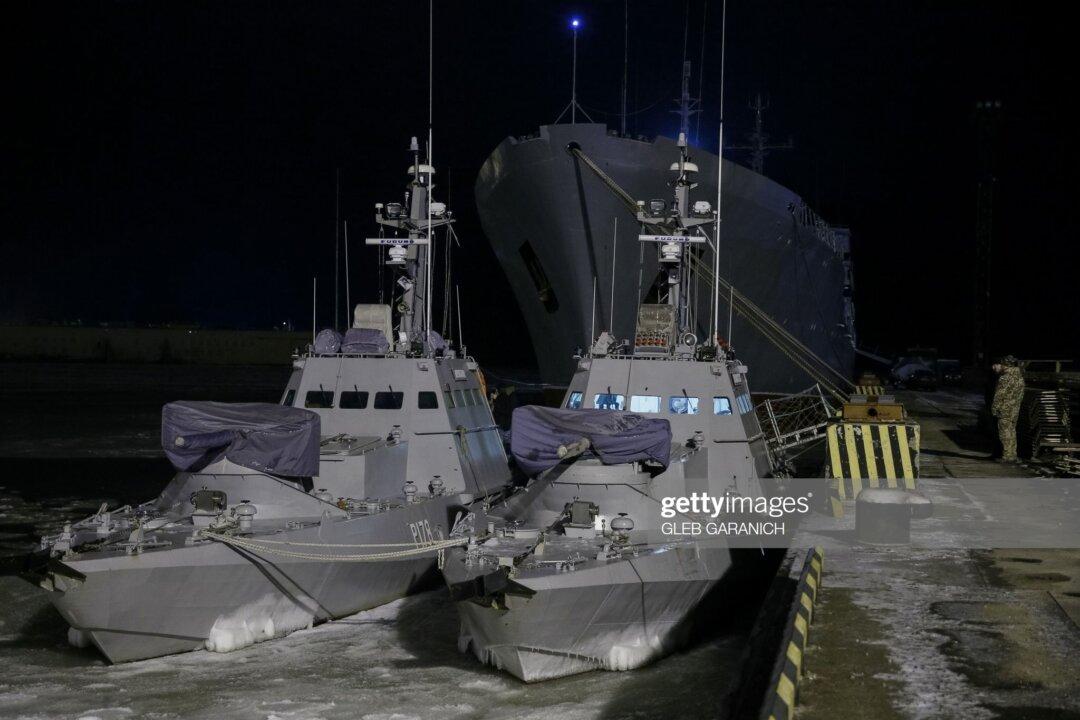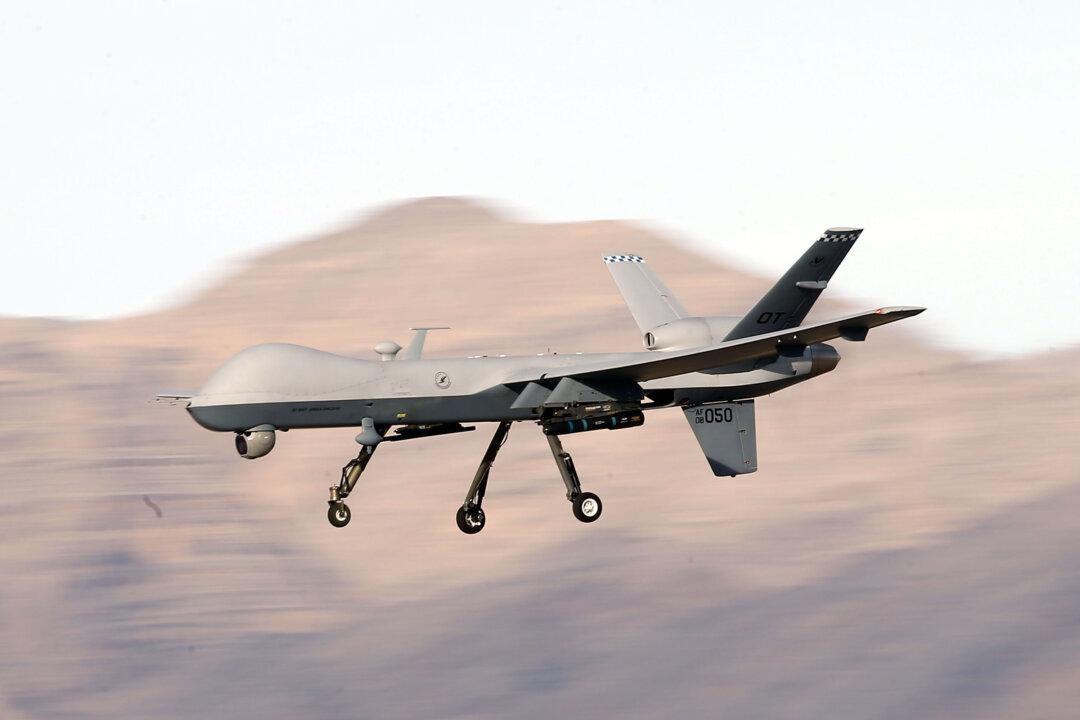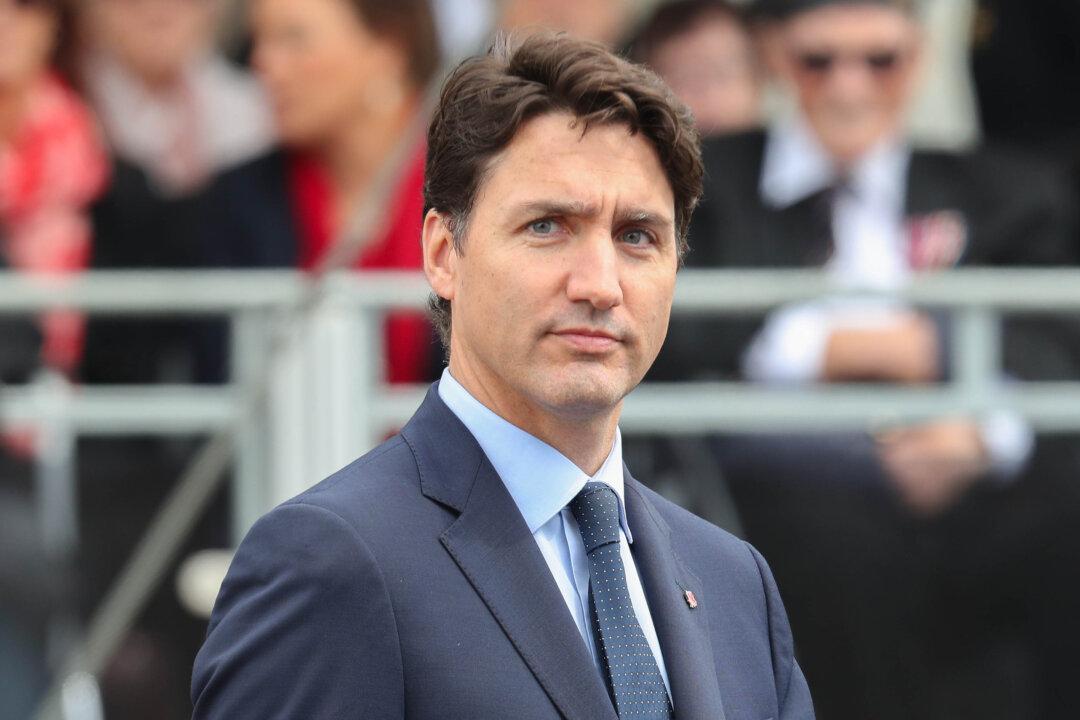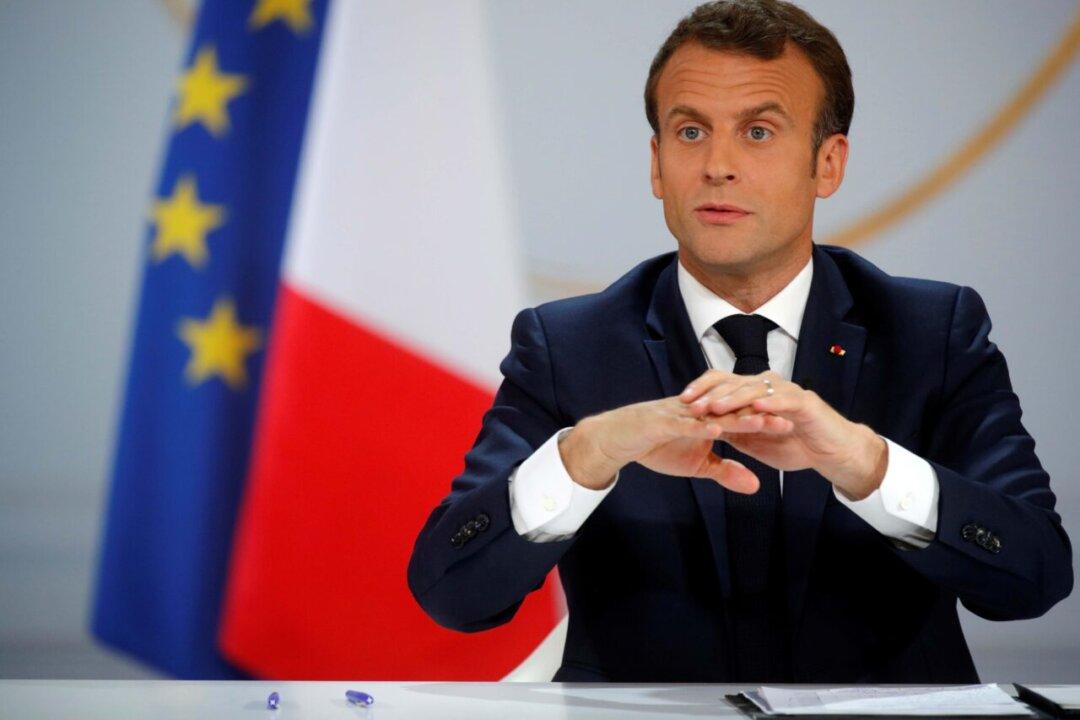“When you strike at the king, you must kill him.” —old political axiom
On July 15, substantial elements of the Turkish armed forces launched a coup to remove the government of national leader and President Recep Erdogan.
Despite initial confusion and fighting, including attacks by jet aircraft and helicopter gunships on government facilities and supporters, the coup failed at the cost of 300 dead. Although the origins, bases of support, and action-tactics of the coupists remain obscure, they failed in some basic requirements for success: comprehensive seizure of communications (radio/television stations), neutralization of Erdogan, and assurance of neutrality or support from elements of the armed forces not actively involved in the coup.
Instead, Erdogan adroitly avoided military elements seeking to seize him and he communicated through his cellphone and social media (their neutralization being the most blatant failure of the coupists) to rally military elements loyal to him and induce his Islamist supporters to mob the streets, particularly in Istanbul, and beat down coup backers.
Having suppressed the coup, Erdogan has focused on vengeance. With remarkable alacrity, Erdogan has purged and imprisoned at least 13,000 including many members of the armed forces from senior officers to enlisted men. Another 30,000–50,000 individuals have been fired and/or suspended from public service, juridical, media, and educational positions.
On July 24, Erdogan expanded the range of the purge by seizing control of more than 2,250 social, education, or health care institutions/facilities, claiming they posed a threat to national security. Erdogan has also demanded the extradition of Fethullah Gulen, a cleric based in the United States, as an organizer/implementer of the coup—a charge Gulen denies.
With these actions and the prospect of more to come—perhaps show trials and executions—Erdogan appears to have decapitated the remaining elements of the Turkish secular state. Such would be a “back to the past” reset of what had been modern Turkey.
Erdogan has acted with such speed and scope that an observer is prompted to wonder whether he or his supporters compiled lists of prospective opponents (judges, teachers, media, business leaders, military personnel) long ago, awaiting the opportunity for action.
